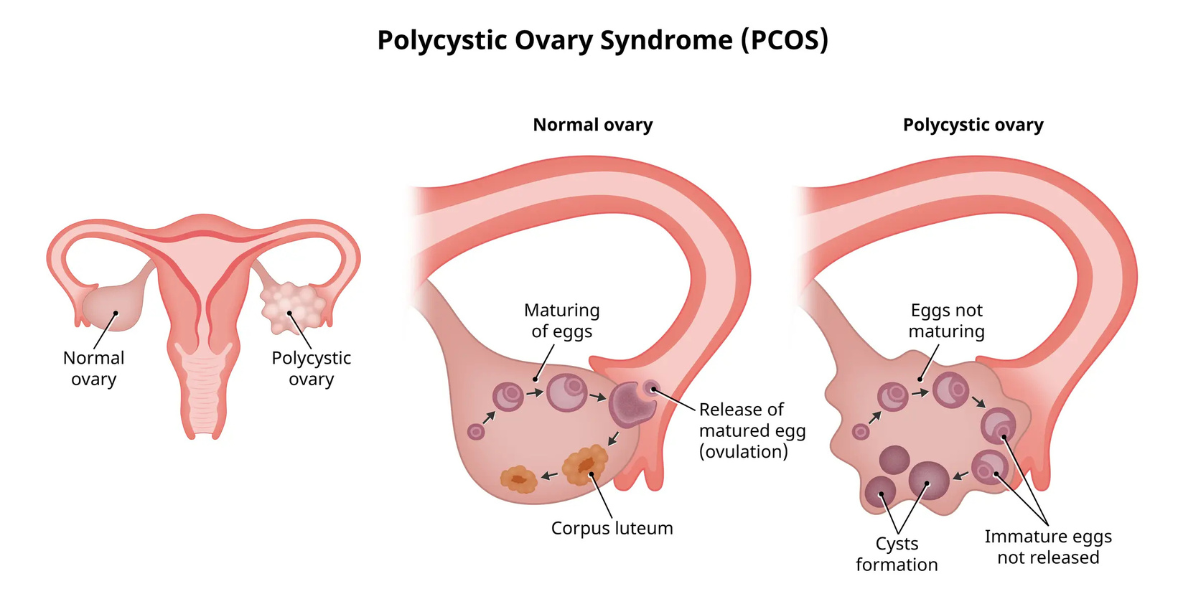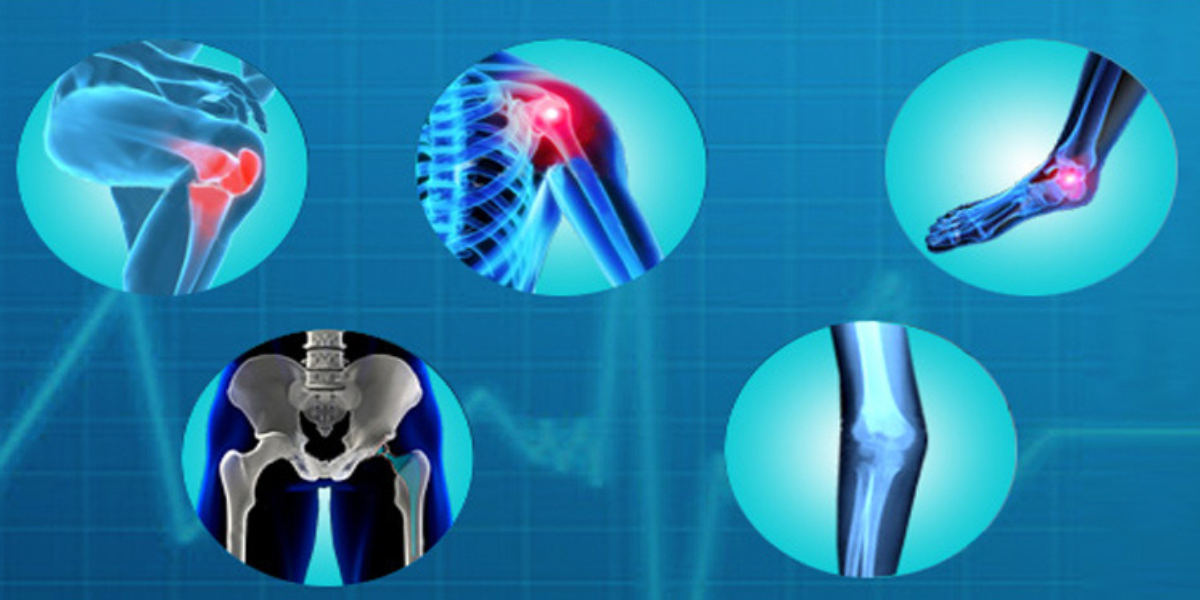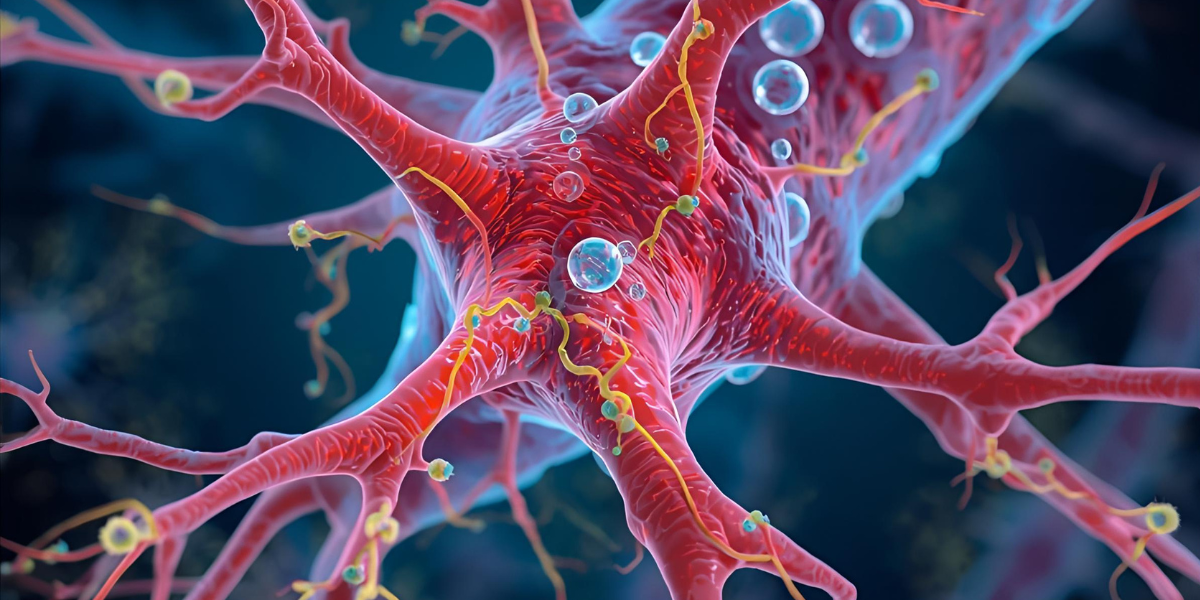
The Hidden Health Risks of Menopause
Menopause marks a significant milestone in a woman’s life, bringing with it freedom from periods and the possibility of a new chapter. However, it also introduces a range of health risks that women should be aware of. The decline in Estrogen and other hormonal changes during menopause can affect multiple systems in the body, making it essential to understand and manage these risks proactively.
Cardiovascular Diseases
One of the most significant health risks associated with menopause is cardiovascular disease. Estrogen, which helps maintain healthy blood vessels and cholesterol levels, decreases during menopause, leaving women more vulnerable to heart attacks, hypertension and high cholesterol. This can be mitigated by maintaining a healthy diet rich in fruits, vegetables and whole grains, exercising regularly to improve heart health, avoiding smoking and limiting alcohol intake.
Osteoporosis
Menopause accelerates bone density loss due to reduced Estrogen levels, increasing the risk of osteoporosis and fractures. Common fracture sites include the hips, spine and wrists. Keeping a eye out for various warning signs like back pain, loss of height over time and stooped posture helps you in getting screened for osteoporosis early. To prevent this, ensure adequate calcium and vitamin D intake, engage in weight-bearing exercises like walking or strength training.
Breast Cancer
While the risk of breast cancer increases with age, menopause adds additional complexities. Hormone replacement therapy (HRT), particularly when using combined Estrogen and progesterone, can slightly elevate this risk. Regular mammograms and breast self-exams can help to keep you safe.
Genitourinary Syndrome of Menopause (GSM)
GSM refers to a collection of symptoms caused by Estrogen deficiency, including vaginal dryness, irritation, and urinary issues. These can lead to frequent urinary tract infections (UTIs), incontinence as well as pain during intercourse. To manage GSM, there are various options that can be used like using vaginal moisturisers or lubricants and exercising your pelvic floor muscles.
Mental Health and Cognitive Challenges
Hormonal fluctuations during menopause can contribute to depression, anxiety, and mood swings. In addition, sleep disturbances caused by night sweats and insomnia exacerbate these conditions. Some women notice “brain fog,” memory lapses or difficulty concentrating during menopause. While these symptoms may be temporary, they could signal an increased risk of dementia or Alzheimer’s later in life.
Conclusion
Menopause is a natural transition, but it doesn’t have to compromise your health or quality of life. Regular check-ups and a healthy lifestyle, can help women navigate menopause while minimizing its risks.






